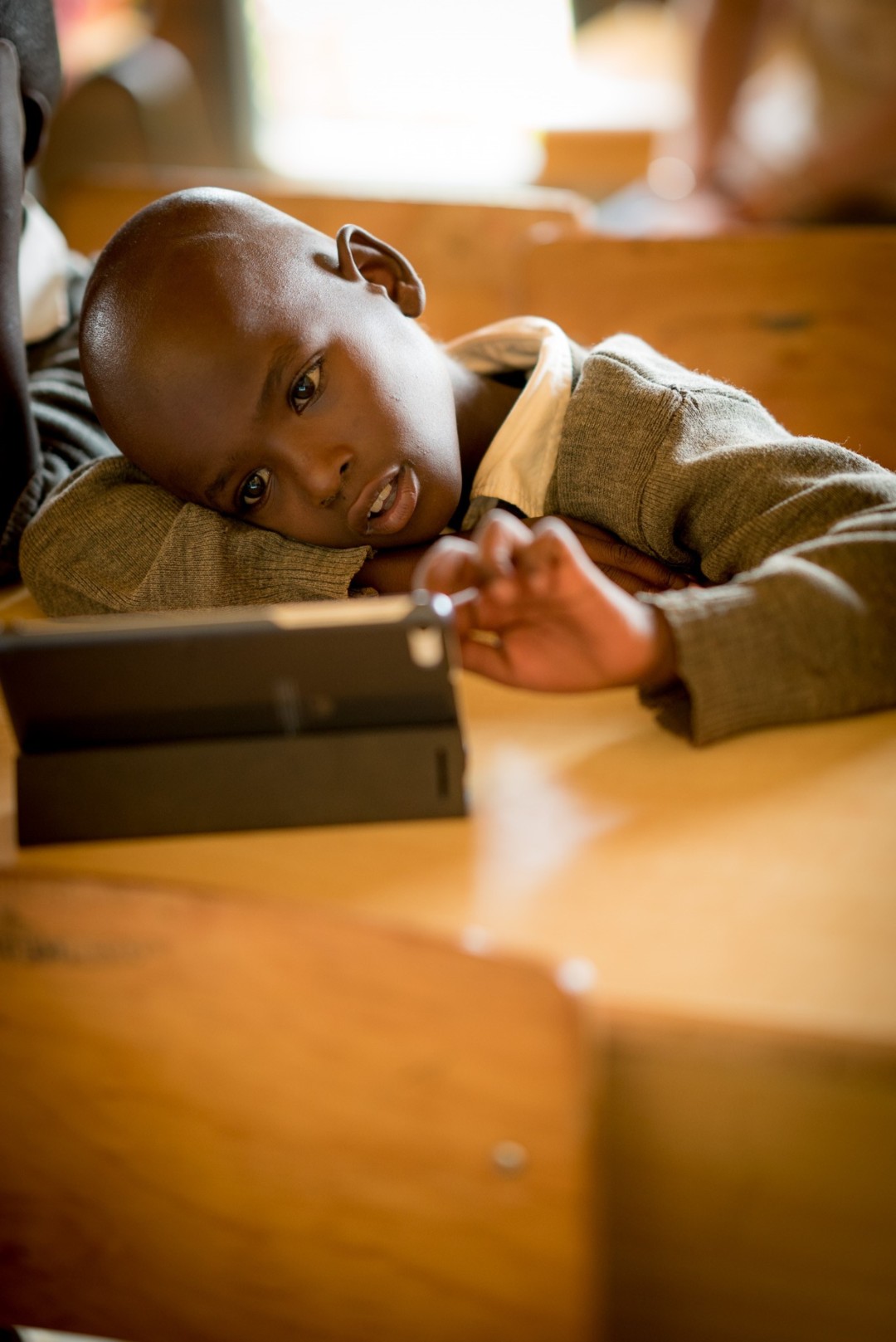Supporting a primary school
Objectives: The project aimed to expand the capacity and infrastructure of the Umubano Primary School in Kigali, enabling it to become a self-sustaining model teaching school. The school fully funded 10% of students from poor homes and partially funded a further 40% through reduced school fees. It aimed to become financially independent within five years, thanks to income from paying students, adult classes and hired space.
Results: Three additional classrooms and a multi-purpose hall were successfully built. The hall provided space for extra-curricular activities (art, physical education and drama), in-service teacher training sessions, adult education programmes for the local community (literacy, numeracy and financial management) and space for hire. On completion of the classrooms the Umubano Primary School was renamed the Umubano Academy, with the first intake of secondary school pupils taking place in January 2019. The multi-purpose hall was regularly used to hold school assemblies and events and hosted the Ubumuntu Arts Festival in June 2018. Adult education programmes such as Information and Communication Technology and Education for Peace were delivered to parents and were to be extended to the local community in the future. In December 2018, the hall had its first paid booking.
The NGO: A Partner in Education (APIE) is a British charity founded in 2009. It aims to facilitate delivery of sustainable, locally-led teacher training programmes, to accelerate progress towards fully inclusive, quality education in Rwanda.
News
Type
Education / Community DevelopmentDuration
October 2016 – September 2018Location
Kigali / RwandaWith whom
A Partner in Education (APIE)
Website





Rwanda
Population
12.2 million (2017)
Per Capita Income
USD 720/year (2017)
Poverty rate *
39% ( 2014)
Literacy rate
68%(2016)
Human Development Index
158th out of 189 countries (2018)
Rwanda has achieved impressive development progress, since the 1994 genocide and civil war. The percentage of people living under the poverty line has dropped from 57% in 2006 to reach 39% in 2014. There has been a two thirds drop in child mortality and near-universal primary school enrolment has been achieved. However, the HIV/AIDS epidemic still dominates Rwanda’s health profile, despite a decline in prevalence of diseases such as tetanus and malaria. Although rates of chronic malnutrition among children under five have improved and are down from 43% in 2012 to 37%, they remain high. Households headed by women or orphans make up 36% of the population.
Sources: World Food Program, UNICEF, World Bank, 2016 Human Development Report, Human Development Indices and Indicators (2018 Statistical Update)
*The percentage of the population living below the national poverty line.